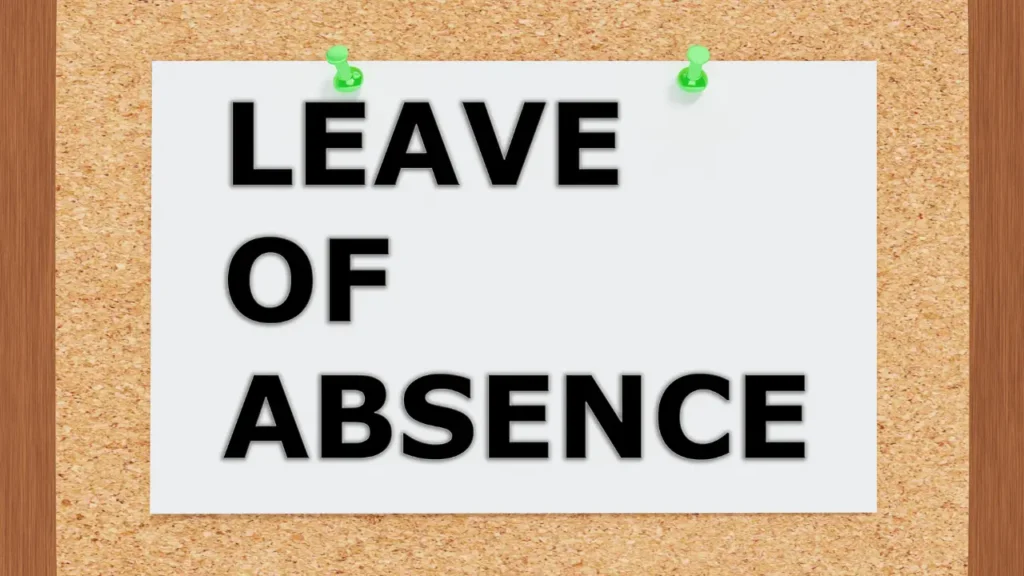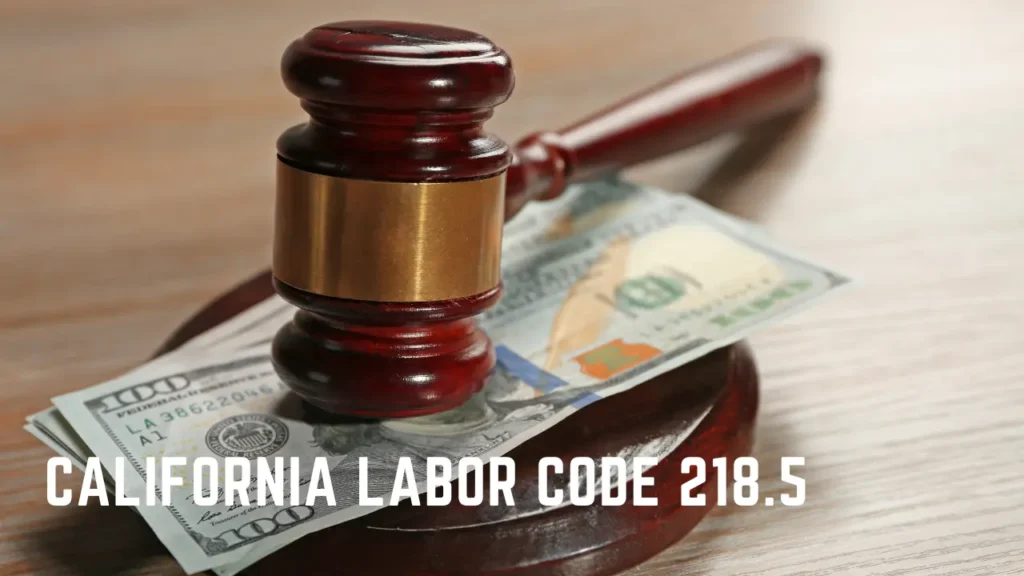Table of Contents
ToggleWhile the basic tenets of laws such as the Fair Employment and Housing Act and the Americans with Disabilities Act are well-known, the nuances that specifically pertain to HIV-related discrimination often remain unexplored.
This discussion aims to shed light on these intricacies, examining the legal protections available, the obligations of employers, and the rights of employees.
As we delve into this complex issue, we will uncover the imperative need for awareness, understanding, and adherence to these critical laws, in order to foster a workplace environment that is both inclusive and compliant.
Legal Protections Against HIV Discrimination
In the realm of employment, numerous legal protections are in place to prevent discrimination based on an individual’s HIV status, reflecting a societal commitment to fair and equitable treatment in the workplace.
Central to these protections are the California Fair Employment and Housing Act (FEHA) and the Americans with Disabilities Act (ADA), which categorically prohibit any form of discrimination, including refusal to hire, based on HIV status. These laws assert the rights of individuals to privacy regarding their HIV status and mandate employers to maintain confidentiality of medical information.
Moreover, they enjoin employers to provide reasonable accommodations, ensuring that employees with HIV/AIDS can perform their jobs effectively. These stringent laws underscore the state’s dedication to safeguarding the rights and welfare of employees living with HIV.
Understanding FEHA and ADA
Building upon the overarching legal protections against HIV discrimination, it is crucial to comprehend the specific provisions and implications of both the California Fair Employment and Housing Act (FEHA) and the Americans with Disabilities Act (ADA).
- FEHA:
- Prohibits discrimination based on disability, including HIV status.
- Requires employers to provide reasonable accommodations, unless it causes undue hardship.
- Protects employees’ right to privacy in relation to their medical information.
- ADA:
- Defines HIV as a disability, extending nationwide protections.
- Mandates reasonable accommodations, barring undue hardship.
- Guarantees equal opportunity in employment and prohibits discrimination.
Understanding these laws enables individuals to effectively assert their rights and promotes an inclusive, respectful workplace. Employers should be aware of their obligations under these laws to prevent discrimination and foster equality.
Employee Rights and Confidentiality
Ensuring a respectful and non-discriminatory workplace requires a deep understanding of employee rights and the importance of maintaining the confidentiality of their HIV status. Employees are legally protected from discrimination based on their HIV status under both state and federal law. Crucially, employees have the right to keep their HIV status confidential, with employers required to uphold this privacy.
Furthermore, the ADA mandates employers provide reasonable accommodations to employees with HIV/AIDS, ensuring their ability to perform their job functions effectively. In the event of discrimination, employees can file complaints with the EEOC or CRD. Understanding these rights and protections not only fosters a respectful workplace, but also mitigates the risk of unlawful practices.
Accommodations for HIV-Positive Employees
While maintaining confidentiality regarding an employee’s HIV status is vital, it is equally crucial to discuss the accommodations that employers must provide to HIV-positive employees to ensure their effective job performance.
- Reasonable Accommodations:
- Flexibility in schedules to accommodate medical appointments or periods of rest.
- Modifying job tasks or providing assistive technology.
- Workplace Accessibility:
- Ensuring physical accessibility, like proximity to restrooms.
- Access to health and wellness programs.
- Medical Leave:
- Providing unpaid leave for medical treatments or illness.
- Ensuring job protection during such periods.
Understanding and implementing these accommodations creates an inclusive and supportive work environment. However, employers should balance these accommodations with the consideration of any undue hardship on business operations.
Filing HIV Discrimination Complaints
Navigating the complex landscape of workplace discrimination can be daunting, particularly for employees grappling with HIV discrimination; thus, understanding the process of filing complaints is fundamental to safeguarding their rights. Employees experiencing HIV discrimination can lodge complaints with the Equal Employment Opportunity Commission (EEOC) or the California Civil Rights Department (CRD).
California law provides broader protections, encompassing more scenarios than federal law. It’s crucial to recognize that employers cannot retaliate against employees for filing discrimination complaints. If an employer does retaliate, the employee can seek legal recourse. However, before resorting to lawsuits, employees should exhaust all administrative remedies.
Understanding these processes empowers HIV-positive employees to protect their rights and combat workplace discrimination.
Legal Actions and Employer Retaliation
Having explored the mechanisms of filing complaints for HIV discrimination, it is crucial to examine the potential legal actions available to employees and the issue of employer retaliation, which serve as significant facets of this complex landscape.
- Legal Actions: Employees can seek redress through state and federal courts after exhausting administrative remedies. Legal actions may include compensation for emotional distress, punitive damages, and reinstatement.
- Employer Retaliation: Employees are protected from retaliation. This can take forms such as demotion, termination, or hostile work environment. Employees suspecting retaliation should document incidents for potential legal recourse. Legal protections extend not only to those with HIV but also to those associated with them.
- Navigating Legal Complexities: Expert legal advice is crucial in navigating this complex area of law to ensure employee rights are fully protected.
Definitions and Unlawful Practices
Understanding the legal definitions and unlawful practices is a cornerstone in the fight against HIV employment discrimination. The Americans with Disabilities Act (ADA) defines a ‘qualified individual’ as someone who can perform essential job functions with reasonable accommodation. ADA and the Fair Employment and Housing Act (FEHA) prohibit discrimination based on disability, which includes HIV/AIDS.
Unlawful practices include discriminatory selection, termination, or training based on protected characteristics. Employers are required to provide reasonable accommodations, engage in an interactive process, and maintain confidentiality of medical information. Non-compliance with these laws constitutes unlawful practices. It is critical for businesses to comprehend these definitions and unlawful practices to ensure a non-discriminatory, inclusive workplace.
Compliance and Business Necessities
In the realm of employer compliance to anti-discrimination laws, the concept of ‘business necessity’ plays a pivotal role, particularly in relation to accommodating individuals with health impairments such as HIV/AIDS.
- Employers must demonstrate that any discriminatory practice is a business necessity. However, even in such cases:
- They should provide reasonable accommodations unless it poses an undue hardship.
- They cannot use business necessity as a guise for discrimination.
- Complying with laws like the ADA and FEHA is critical. Hence, employers ought to:
- Understand the legal definitions and implications of discrimination.
- Establish practices that respect employee rights and promote inclusivity.
- Balancing business necessity with compliance can be challenging. Nevertheless:
- Employers should engage in continuous dialogue with employees to find suitable accommodations.
- They should maintain a comprehensive understanding of the laws to avoid discriminatory practices.
Conclusion
In conclusion, understanding and adhering to the legal protections against HIV-related employment discrimination is crucial for establishing an inclusive workplace. This includes laws such as the FEHA, ADA, and FMLA. Confidentiality rights and reasonable accommodations further support an equitable employment environment.
It is essential to be aware of the legal recourse available in instances of discrimination. This underscores the importance of law compliance and the inviolability of employee rights irrespective of their health status.















